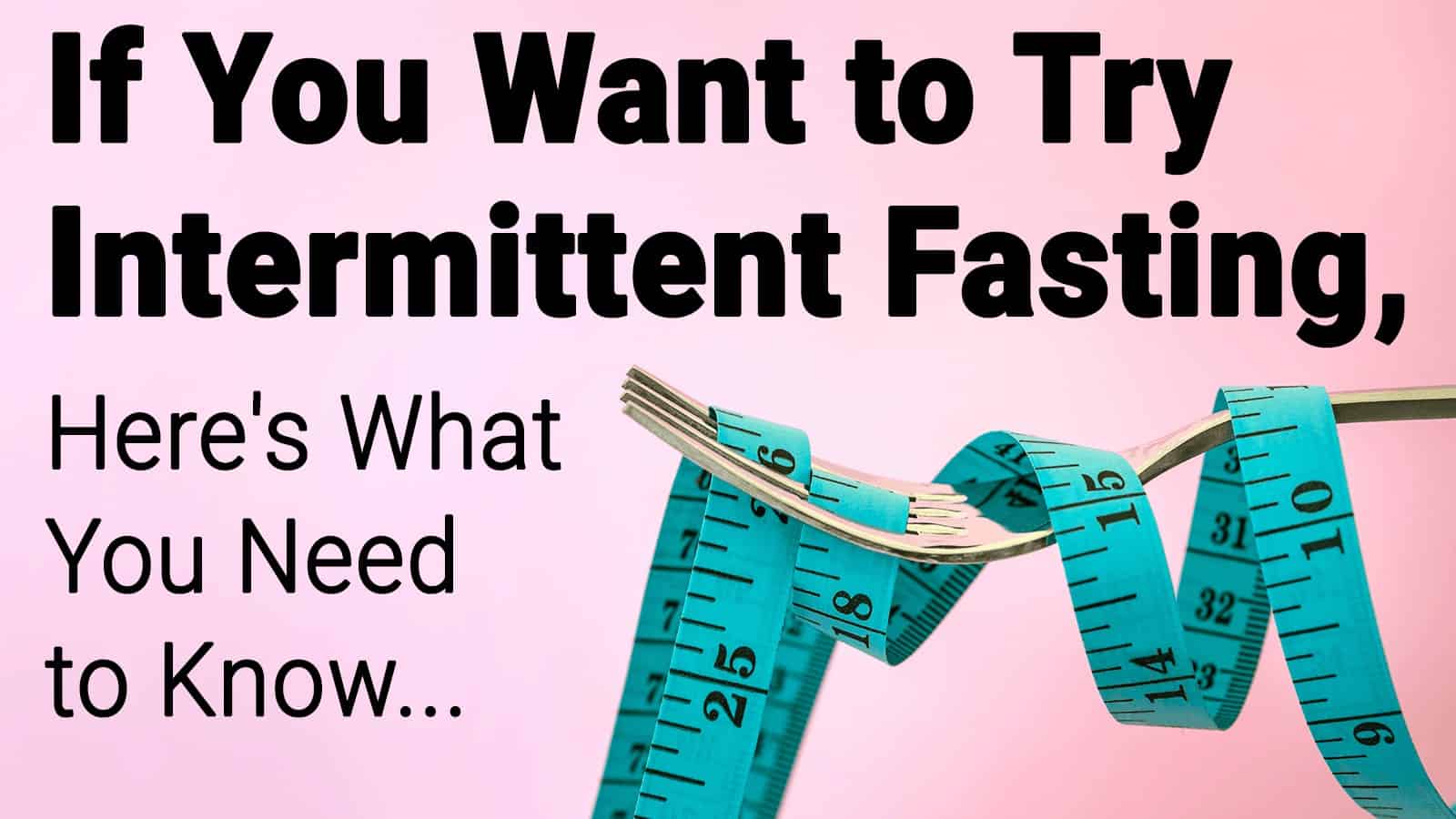What’s intermittent fasting? Is best to do while I’m cutting? Bulking? How will it work? How does a person go so long with no food?
You most likely are going to have a bunch of questions if you’re new or a beginner with intermittent fasting. It may feel very intimidating to you, primarily if you’re a person that enjoys having breakfast but are interested in improving the quality of your life. So without further ado, here is everything you’ll need to know about intermittent fasting from a person that’s extremely experienced with it at this point.
What’s intermittent fasting (IF)?
Simply put, intermittent fasting is just having periodical cycles in between a feeding and a fasting window. Everyone goes through this – upon waking up in the morning, you’re in a state of fasting after going however many hours with no caloric intake.
The program of IF merely advises that you prolong that fast period more and eat breakfast later in the day. The plan you’ll see the most is 16:8 where someone fasts 16 hours after the final meal and consume all the calories for the day in an 8-hour time frame. Take note that IF not a diet by any means, it’s really just a tool or lifestyle which allows you to reach your physique goals in a more sustainable and easier way.
That looks overwhelmingly difficult! How would that be healthy?
The only reason it’s difficult is due to the fact that we aren’t accustomed to it. Each of us is used to having a meal right away when we arise, but take a moment to think about it – we evolved as a species to eat like this. In the past, we hunted and gathered throughout the daylight hours and feasted throughout the night.
Many benefits come with an intermittent fasting weight loss plan which we’ll talk about in a second, but really think about this, we didn’t evolve to have a meal every couple hours because that is truly uncomfortable if you’re working on losing weight.
What are a few of the health bonuses of an intermittent fasting weight loss program?
This is a wonderful topic because an intermittent fasting plan is more than simply eating at times and then not eating at other times to burn fat. Many studies prove (which we won’t go into detail here but you can look up) that in a state of fasting the body intensifies its levels of HGH or Growth Hormone. So that makes it excellent for gaining muscle. A lot of people apply an intermittent fasting plan whether it’s time to bulk, cut or maintain weight – it a way of life.
Ever more than that – as you grow used to IF your body settles, you’ll notice that you’re more level-headed while you’re fasting, and increasingly efficient while you’re working. It sounds sort of like pseudo-science, but give it a shot for yourself and you’ll notice the same thing, all the people we know tell us a similar thing.
How worthwhile is IF when you’re trying to lose weight?
Let’s face it, trying to lose weight is painful, and taking in food at a calorie deficit is simply discouraging because it seems like most foods are a no go.
But IF transforms the way we look at everything, it lets eating with a caloric deficit to be way easier to maintain. When you’re forcing your daily calories into just two meals and perhaps a little snack in the middle, you can have those large satisfying meals. We have some people on a cut at the moment, but they can indulge in some ice cream or chocolate or a sweet treat almost every single day. You’ll have room to pick most of the foods which regular diets normally deem as detrimental.
We’re not telling you to go pack your mouth with ice cream and cupcakes, we’re just stating the fact that you can include those comfort foods with your calories as long as you have all the rest of your diet in check, and you’ll still have great outcomes.
When you’re not having a meal throughout your day, you aren’t simply keeping your calories for a later time – but also burning nothing but fat. You need to last about 3 or 4 days with no food to settle your body into a mode of starvation where it begins burning muscle, so you won’t need to fret over that.
However, while you’re in the mode of fasting, let’s say 12 hours afterward, the body doesn’t have any food or stockpiles to use as energy so it runs to the storages of fat, which is also the densest energy reservoir you have. You could be consuming the identical amount of calories you do on a regular weight loss diet, but you’d burn fat quicker and more efficiently while enjoying the freedom to eat your preferred and most gratifying meals.
As always, everything in moderation. Someone might prefer to go keto, but we especially support a diet balanced in carbs, protein and fats.
https://www.youtube.com/watch?v=yG-G9_LOkLA














 Community
Community

